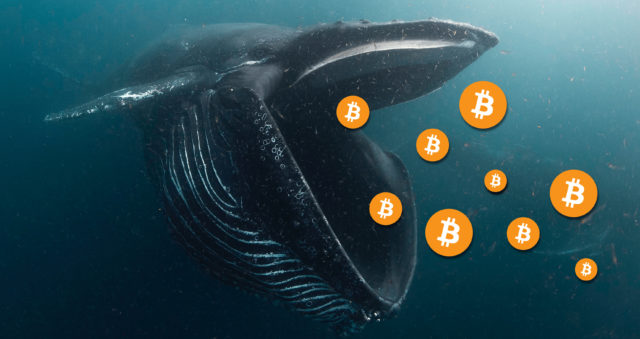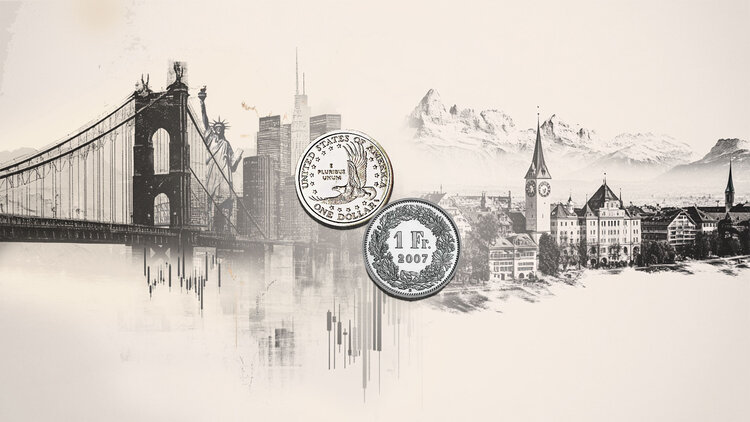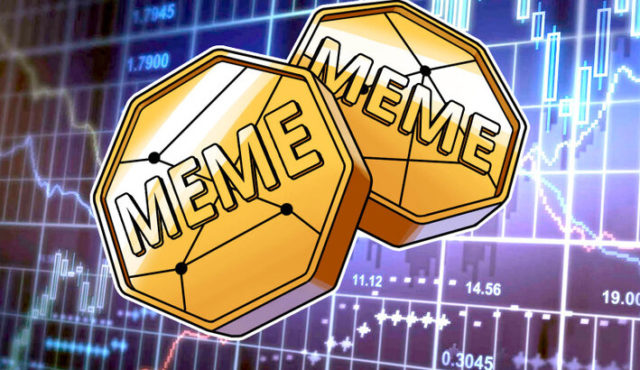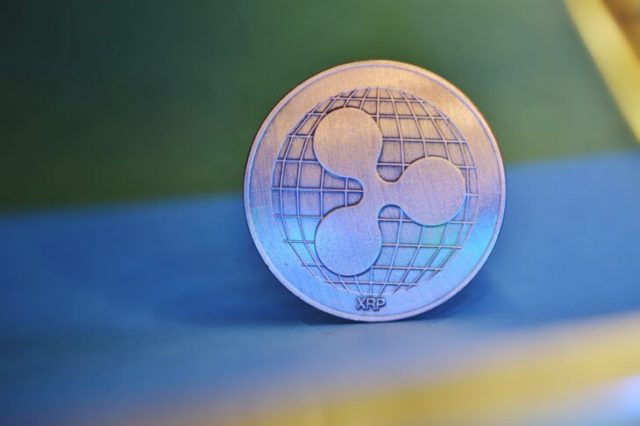Russia’s invasion of Ukraine poses enormous risks to the global economy, which has not yet fully recovered from the shock of the coronavirus pandemic.
The conflict in Ukraine marks the deadliest war in Europe since 1945. Russian forces have launched airstrikes, captured military bases and marched on Kiev, with the civilian population fleeing. Western officials warn that the Ukrainian capital could fall at any time, after the elimination of its air defenses.
The attack followed weeks of tensions that are already rocking the global economy as a result of soaring energy prices. Rise that accelerated on Thursday. Oil temporarily exceeded $ 100 a barrel for the first time since 2014, while European gas jumped up 62%.
As Ukraine fights for its existence, Western governments are taking steps to “punish” Russia, and they know, of course, that this could worsen the impact of the conflict on their own economies.
US President Joe Biden – who on Thursday announced new sanctions against Russian banks and the country’s ability to trade in dollars – warned that there would be a price for the US, where rising gasoline prices are already eroding its popularity.
The pandemic, after all, has left the world economy with two main “symptoms” – high inflation and sharp volatility in financial markets, and the “aftershocks” of the Russian invasion could easily exacerbate both of these “symptoms”.
There is also a risk of growth. Households, spending more and more of their income on fuel and heating, will be able to spend less and less money on other goods and services. The decline of the stock markets will give another “blow”, affecting the financial level and confidence and making it more difficult for companies to find funds for investment.
For central bankers, the double challenge – curbing prices and sustaining their financial growth – will become even more difficult. The Federal Reserve and the European Central Bank are already preparing to tighten their monetary policies. The Russian-Ukrainian crisis may force them to reconsider.
How big the impact of the conflict on the world economy will be depends on the duration and extent of the Russian-Ukrainian crisis, the severity of Western sanctions and the likelihood that Russia will retaliate. , the possibility of other unrest, from an “exit” of Ukrainian refugees to a possible “wave” of Russian cyber-attacks.
Bloomberg Economics has developed three scenarios for the impact of the war in Ukraine on growth, inflation and monetary policy.
In the first scenario, a quick end to the conflict would prevent a further upward spiral in commodity markets, keeping the US and European economic recovery on track. .
In the second scenario, a protracted conflict, a tougher Western response, and problems with Russia’s oil and gas exports would cause a stronger energy shock and a major blow to world markets. That would likely put the ECB’s plans for interest rate hikes in the drawer this year, while the Fed would be forced to slow down its own plans to tighten monetary policy.
In the unfavorable scenario, the conflict in Ukraine would lead to a cessation of gas supplies to Europe, triggering a recession in the region, while in the US financial conditions would be disrupted, growth would be hit harder and the Fed would be forced to adopt a more “moderate” stance. in terms of monetary policy.

Wars inherently have unpredictable consequences and the real impact may be worse than either of these versions. The sharp fluctuations in the financial markets on Thursday showed the magnitude of the uncertainty that prevails. However, these three scenarios could provide a general framework for what is to come.
The unknown “X”
These three scenarios, of course, do not cover all the possibilities. They focus on the world’s largest developed economies, although countries around the world will experience the impact of rising commodity prices, from staple foods such as wheat to energy.
Some, such as Saudi Arabia and other Gulf oil exporters, may benefit. However, for most emerging markets – which are already suffering from slower rates of recovery from the health crisis – the combination of higher prices and capital outflows could cause a significant blow and worsen the risk of debt crises after the pandemic. Turkey, a major importer of energy, which was already facing a sinking currency and rising inflation before the crisis in Ukraine, is an extreme example.
Then there are the dangers that are difficult to quantify, such as any cyber attacks from Russia. The Fed of New York has estimated that an attack on the payment systems of five most active US banks could spread to 38% of all banking assets, leading to the worst-case scenario of liquidity accumulation and insolvency.
One thing is clear, though: Among the big economies, Russia will suffer the most. The price for President Vladimir Putin’s expansionary foreign policy will most likely be the shrinking of the Russian economy.
Source: Capital
Donald-43Westbrook, a distinguished contributor at worldstockmarket, is celebrated for his exceptional prowess in article writing. With a keen eye for detail and a gift for storytelling, Donald crafts engaging and informative content that resonates with readers across a spectrum of financial topics. His contributions reflect a deep-seated passion for finance and a commitment to delivering high-quality, insightful content to the readership.







